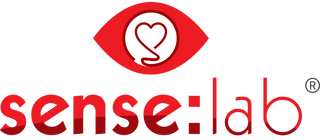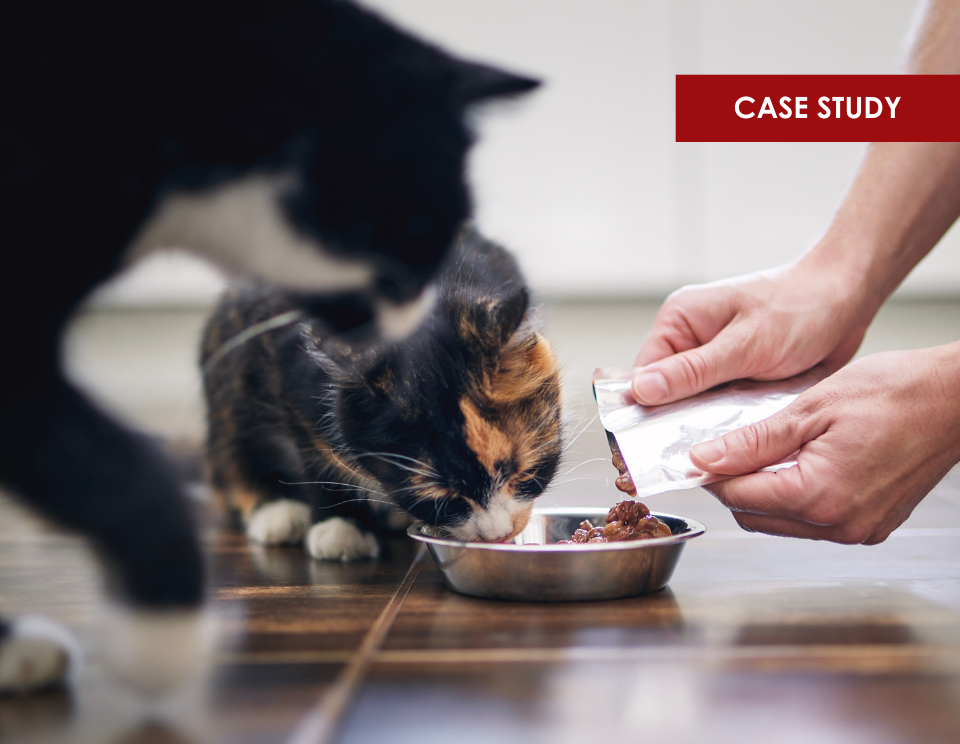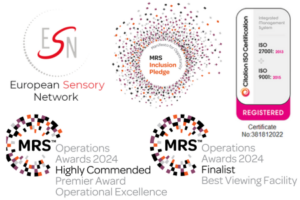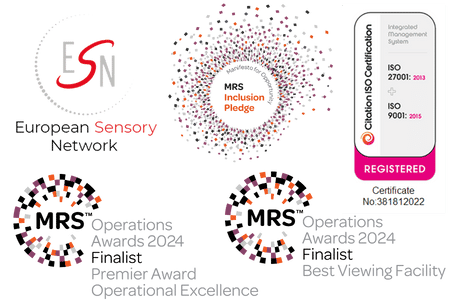When conducting fieldwork, robust protocols are essential to maintain consistency, accuracy, and reliability in the data collected. In fields like sensory science and research and development (R&D), a clear, detailed protocol can prevent inconsistencies and streamline the workflow, making a noticeable difference in the quality of insights gained.
It is important to create well-defined protocols in collaboration with clients, as these can directly influence the success of fieldwork and ultimately impact the overall research objectives. This article explores the value of detailed protocols, with practical examples, to demonstrate why investing in these plans is critical.
1: Setting clear expectations and objectives
A comprehensive protocol starts by setting out clear expectations and objectives for everyone involved. For fieldwork to succeed, facilitators, participants, and stakeholders need to understand the purpose of the study and the desired outcomes. By detailing each step and objective in advance, we can ensure everyone is aligned, reducing the chance of misunderstandings or missed steps.
Example: In a taste test for a new beverage, clear objectives around taste profiling, sample serving conditions, and participant feedback mechanisms ensure that the taste experience is measured accurately. Without a protocol, facilitators might serve samples inconsistently, leading to skewed results and potentially flawed conclusions.
2: Developing a step-by-step workflow
Developing a structured workflow is essential to keep the fieldwork on track and ensure each aspect of the study is executed accurately. This should include specific timing, responsibilities, and necessary resources. Each step should be mapped out clearly to avoid confusion and delays.
Example: Consider a laundry fieldwork scenario, where multiple washes and drying sessions are scheduled throughout the day. By pre-planning how many towels can fit into each washing machine, the frequency of washes, and the participants’ interaction with each phase, facilitators can ensure a smooth workflow. Testing the protocol in advance helps ensure that wash times align with participant appointments, creating a more seamless experience.
3: Running practice sessions to refine protocols
Before official fieldwork begins, practice runs are invaluable for identifying potential issues and fine-tuning the process. Using spare products or conducting timing checks allows facilitators to confirm the feasibility of each step and make adjustments as needed.
Example: In a cosmetics study, facilitators might need to check if the allotted time per participant is sufficient for them to apply, test, and report on the product experience without feeling rushed. A trial run allows them to see if session lengths are realistic or if adjustments are necessary to ensure accurate data collection.
4: Conducting pre-project briefings
Pre-project briefings provide an opportunity to clarify roles, review the protocol, and ensure facilitators are prepared. This step is crucial for establishing a clear understanding of the project flow, addressing any potential health and safety concerns, and highlighting key roles and responsibilities.
Example: Before a food testing project, a pre-briefing might cover protocols around hygiene standards, food serving protocols, and allergen precautions. By ensuring each team member is fully briefed, researchers can minimise the risk of protocol deviations that could affect participant safety or data reliability.
5: Building flexibility for adapting to unforeseen issues
Effective communication is vital during fieldwork, particularly if issues or delays arise. Keeping clients informed of any deviations from the protocol, adjustments, or findings fosters transparency and builds trust. It is useful to over-recruit participants by approximately 10% to compensate for any unexpected data loss.
Example: In a product durability test for household cleaners, if one of the testing machines unexpectedly malfunctions, the team might need a backup plan to prevent delays, such as an additional machine on standby or an over-recruitment strategy to allow for potential lost data.
6: Maintaining open communication with clients and stakeholders
Effective communication is vital during fieldwork, particularly if issues or delays arise. Keeping clients informed of any deviations from the protocol, adjustments, or findings fosters transparency and builds trust. It is useful to over-recruit participants by approximately 10% to compensate for any unexpected data loss.
Example: During a perfume scent study, if several participants report unexpected reactions, communicating this to the client allows for a quick decision on protocol adjustments, such as increasing ventilation or modifying the testing duration to ensure participant safety.
7. Leveraging expertise for effective protocol development
Designing effective fieldwork protocols can be challenging, especially when the research objective is highly specific or technically complex. Collaborating with experienced professionals can simplify this process, providing insight into best practices and identifying potential pitfalls before they arise.
Example: In many sensory testing projects, the facilitator might advise a client to standardise temperature and lighting conditions across testing sites to ensure data consistency. Such insights are invaluable for teams unfamiliar with the specific challenges of fieldwork in a specific product category.
In summary, robust protocols form the foundation of successful fieldwork. They not only guide facilitators and ensure data integrity but also help create a smoother experience for participants, contributing to more accurate, actionable insights. Whether through trial runs, clear communication, or detailed workflows, protocols are a critical tool for executing high-quality research that meets its objectives and delivers reliable results.
Our sensory testing expert team, and commitment to precision make us the ideal partner for your sensory fragrance testing needs. Get in touch with us to find out more by emailing Ellie at [email protected].






